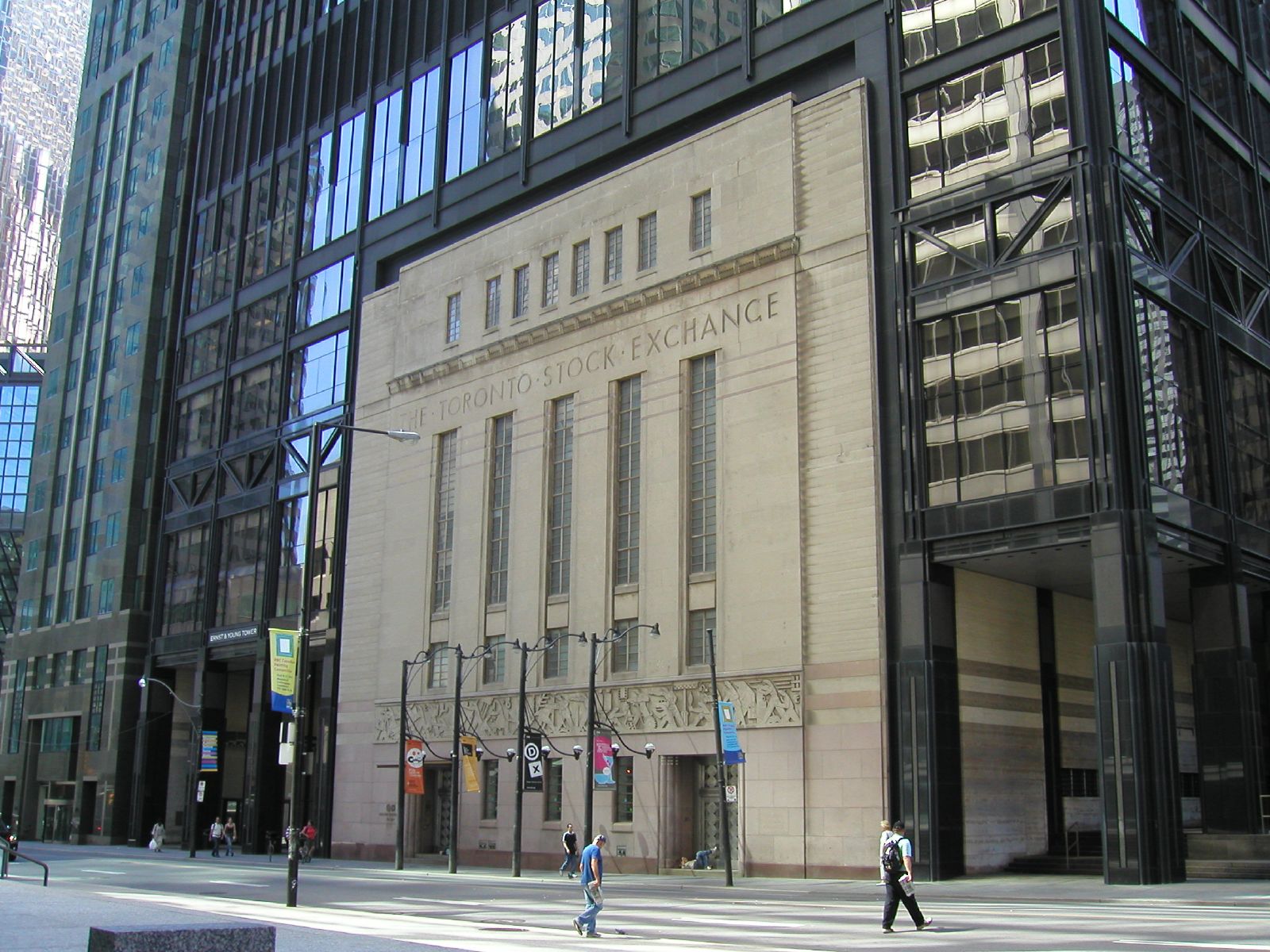Business and Economy
Canadian stock market slips to 12-week low

Canada’s main stock market ended Tuesday with its lowest close of the year, as declines in energy and financial sectors contributed to a triple-digit loss. (Photo by nodomain.cc – Flickr, CC BY 2.0.)
TORONTO—Canada’s main stock market ended Tuesday with its lowest close of the year, as declines in energy and financial sectors contributed to a triple-digit loss.
The Toronto Stock Exchange’s benchmark Standard & Poor’s/TSX Composite dipped 129.19 points, or 0.84 percent, to 15,313.13 points. Eight of the 10 sub-groups finished the day in negative territory.
For a second straight day, the energy and financial groups had the biggest impact on the index, retreating 1.55 percent and 1.24 percent, apiece.
The TSX energy group was hit hard as the price of crude oil continued to tumble. In London, barrel of Brent delivered in May slid 1.74 percent to 50.93 U.S. dollar. The benchmark crude oil has traded lower in 10 of the past 11 sessions for a combined loss of 8.87 percent.
Subsequently, several Calgary-based energy firms were among the most actively traded stocks on the day.
Encana Corporation was atop the list with more than 14.9 million shares exchanged and closed the day at 14.12 Canadian dollars, a 2.28 percent decline. Canadian Natural Resources Limited and Suncor Energy Inc also contributed to the group’s demise, declining 1.44 percent and 1.27 percent respectively.
Financial group ended lower after U.S. markets had their worst performances since in November after investors fear U.S. President Donald Trump will be unable to deliver the promised tax cuts.
Within the group, insurance firms saw the steepest decline, as Manulife Financial Corporation fell 4.04 percent to 23.04 Canadian dollars, while Sun Life Financial Inc. slipped 1.98 percent to 47.96 Canadian dollars.
All of Canada’s top banks were also down. Bank of Montreal declined 1.40 percent, while Bank of Nova Scotia lost 1.32 percent. No. 2 ranked Toronto-Dominion Bank slipped 1.16 percent, while top-ranked Royal Bank of Canada closed the day at 95.43 Canadian dollars, a 0.89 percent loss.
The remaining groups to close the day lower were: Consumer Discretionary (1.34 percent), Industrials (1.24 percent), Information Technology (1.03 percent), Health Care (0.99 percent), Materials (0.04 percent), and Consumer Staples (0.01 percent).
On the bright side, telecommunications and utilities groups were able to come out ahead on Tuesday, gaining 0.33 percent and 0.26 percent, respectively.
On the economic slate, Statistics Canada reported that retail sales jumped 2.2 percent in January to 46.0 billion Canadian dollars. Ten of the 11 industries saw increases with Motor vehicle and parts dealers leading the way with a 3.8 percent surge.
By region, sales were up in 12 out of the 13 provinces and territories. British Columbia (2.9 percent), Alberta (2.4 percent), Quebec (2.6 percent), and Ontario (1.7 percent) accounted for more than 85 percent of the total.
The Canadian dollar inched down 0.02 cents to finish the day at 0.7486 U.S. dollars.





















